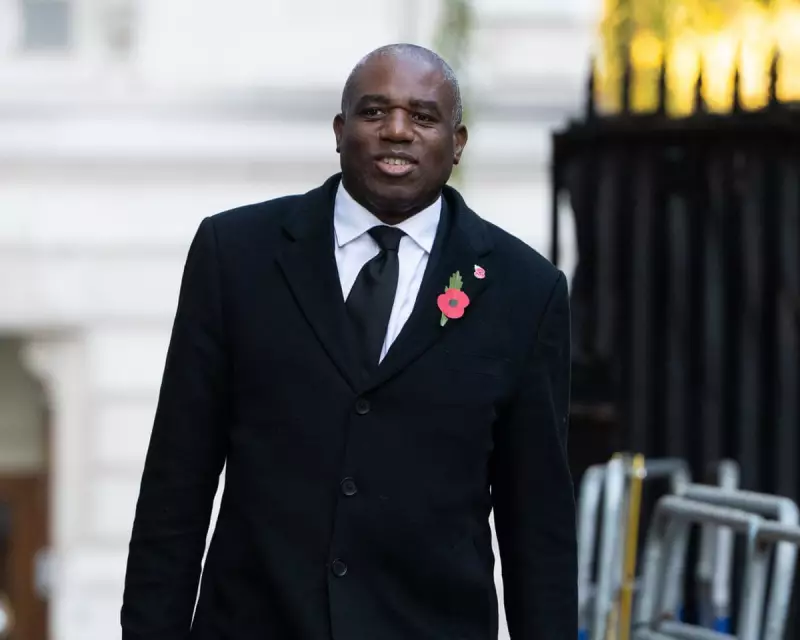
Radical Overhaul of Jury System Proposed to Tackle Court Backlog
The Ministry of Justice, under Lord Chancellor David Lammy, is preparing what would represent the most significant reform to England and Wales' criminal justice system in generations. Leaked documents reveal plans to dramatically restrict the right to trial by jury, limiting it to only the most serious offences including murder, manslaughter, rape, and cases passing a public interest test.
This controversial proposal would see the establishment of a new crown court 'bench division' where judges alone would hear the majority of cases currently decided by juries. The changes would apply to all criminal charges carrying maximum sentences of up to five years, along with fraud and financial crime cases.
The Scale of Proposed Changes
If implemented, this reform would fundamentally alter how justice is delivered in England and Wales. More than 30,000 jury trials annually would transition to judge-only hearings under the new system. The Ministry of Justice estimates this could reduce trial time by approximately 20%, representing a significant potential efficiency saving.
Mr Lammy's approach appears to go beyond even the recommendations made in Sir Brian Leveson's July report on criminal justice reform, which was itself commissioned by the MoJ. Sir Brian had suggested a threshold of three years for juryless trials, rather than the five years proposed in the leaked documents. Furthermore, the Leveson report advocated for judges to sit with two magistrates, preserving a lay element in the justice process - a safeguard notably absent from Mr Lammy's current plan.
The Backlog Crisis Driving Reform
The context for these radical proposals is the undeniable crisis facing the criminal justice system. 78,000 crown court cases currently await hearing, with some defendants facing waits of up to three years before their cases are heard. Projections from the MoJ suggest that without intervention, this backlog could balloon to 105,000 cases by March 2029, creating even longer delays for victims and defendants alike.
Compounding the problem, jury trials for serious offences have doubled in length since 2001, creating additional pressure on an already strained system. However, critics argue that focusing reform efforts on juries misses the broader picture, given that juries hear only around 1% of all criminal cases.
Broader Systemic Issues
The current crisis has deep roots in years of underfunding and policy choices. The Ministry of Justice suffered 30% funding cuts during the coalition government years and remains an unprotected department in public spending rounds. The COVID-19 pandemic further exacerbated existing challenges, while rising case complexity - particularly in digital and financial crime - has placed additional strain on the system.
Successive governments have made deliberate spending choices that have rendered the criminal justice system less efficient, even as demands upon it have increased. Many legal experts argue that the solution lies not in dismantling the centuries-old tradition of trial by jury, but in addressing the fundamental under-resourcing that has created the current backlog crisis.
While there may be legitimate arguments for reforming jury trials in specific circumstances, such as complex fraud cases or following the model used in Northern Ireland, many see the current proposals as a shabby evasion of governmental responsibility for properly funding the justice system. The question remains whether sacrificing this iconic legal tradition represents a proportionate response to a crisis created primarily by political choices about funding and priorities.





